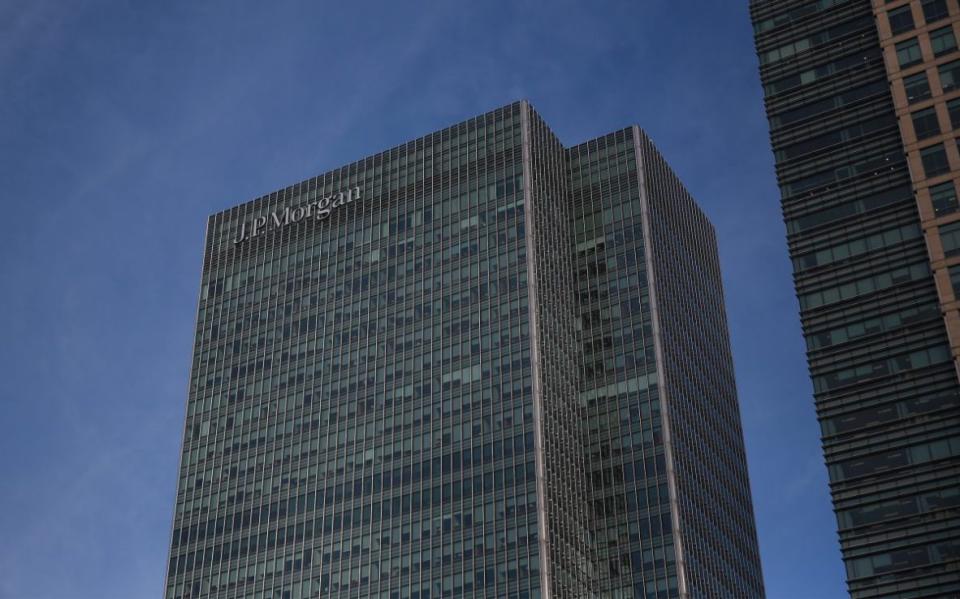JP Morgan profit surges on higher rates and First Republic purchase

JP Morgan’s profit surged above expectations to $13.4bn in the first quarter of this year, up from $12.6bn a year earlier, thanks to higher interest rates and its takeover of First Republic.
Revenue for the bank totalled $42.6bn, above expectations of $41.9bn, while earnings per share sat at $4.44, compared to estimates of $4.11.
Significantly, the bank posted a $1.9bn provision for credit losses in the quarter, 17 per cent smaller than a year ago and far below the $2.7bn expected by analysts.
JPMorgan added billions in loans to its balance sheet after acquiring First Republic Bank last year following its collapse.
This pushed average loans up 16 per cent, but these were only up three per cent when First Republic was excluded, while assets under management jumped 19 per cent to $3.6 trillion thanks in part to the acquisition.
However, trading revenue declined five per cent to $8bn, while revenue from fixed income, currency and commodities dropped seven per cent. Revenue from equities was flat.
Investment banking revenue jumped 27 per cent to $2bn, due to higher fees on debt and stock underwriting.
While many other financial institutions are reducing their headcount, JPMorgan actually added around 2,000 employees to its workforce of 311,921, five per cent higher than a year earlier.
Jamie Dimon, JP Morgan’s chair and CEO, said that while many economic indicators were favourable, the bank remained “alert to a number of significant uncertain forces”.
He warned of ongoing geopolitical tensions, as well as the “large number of persistent inflationary pressures, which may likely continue”.
Dimon also cautioned about the full effect of quantitative tightening, which he said we have “never truly experienced” on this scale.
“We do not know how these factors will play out, but we must prepare the firm for a wide range of potential environments to ensure that we can consistently be there for clients,” the CEO said.

 Yahoo Finance
Yahoo Finance 